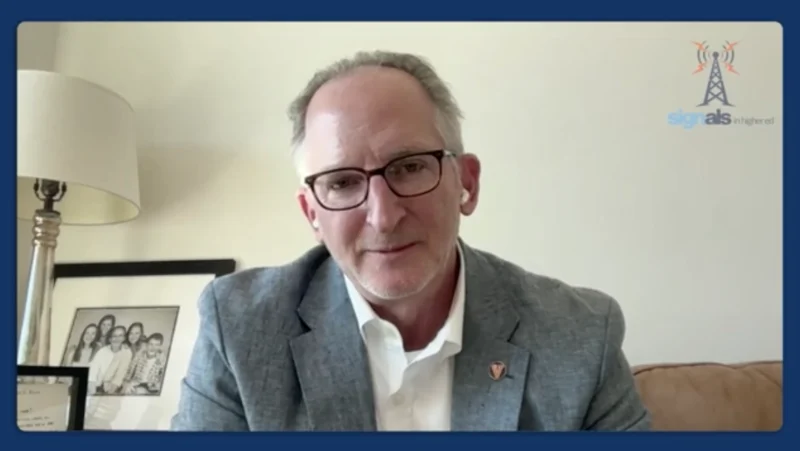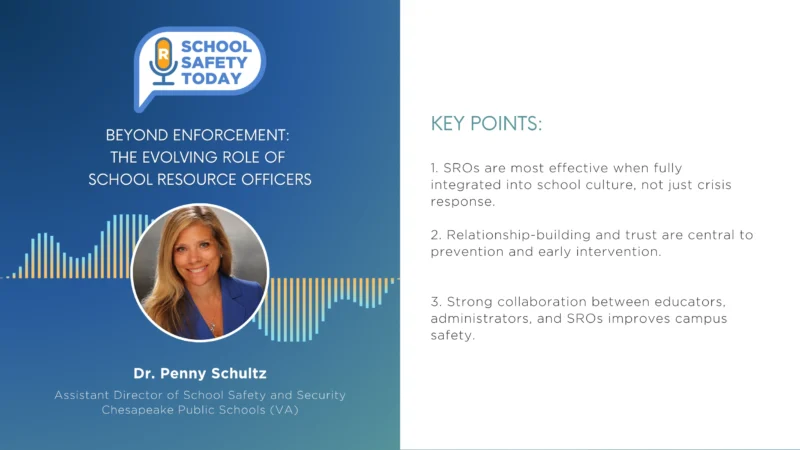Seeing Through the Smoke of School Safety Products
In a recent episode of Secured, hosts Mike Matranga and Mike Monsive shed light on the inadequacies of certain security measures, particularly focusing on the flaws of silent panic alarms in educational institutions. Matranga expressed his dismay at the prevalence of unproven security products being promoted at various conferences and expos. He highlighted the push for silent panic alarms, citing Florida’s Alyssa’s Law as an example, which Texas has now adopted, mandating schools to implement such systems.
Matranga questioned the practicality of these panic alarms, emphasizing the lack of efficacy in real crisis situations. He criticized the theoretical basis of these products, noting that none of them had been tested or proven effective in actual emergencies. Matranga urged school administrators and policymakers to prioritize solutions that have been thoroughly vetted and proven to work.
Furthermore, the hosts discussed the technical shortcomings of wireless panic buttons. Monsive pointed out that wireless infrastructure requires significant investment and may not cover exterior areas where incidents often occur. He emphasized the importance of supervision and maintenance for such systems, highlighting past failures with similar technologies, like body-worn panic buttons for gas station attendants.
In conclusion, Matranga and Monsive urged decision-makers to exercise caution when investing in security solutions and to prioritize proven, effective measures over untested products driven by political pressure or corporate interests. They emphasized the need for standardized, reliable security protocols to ensure the safety of educational institutions nationwide.




